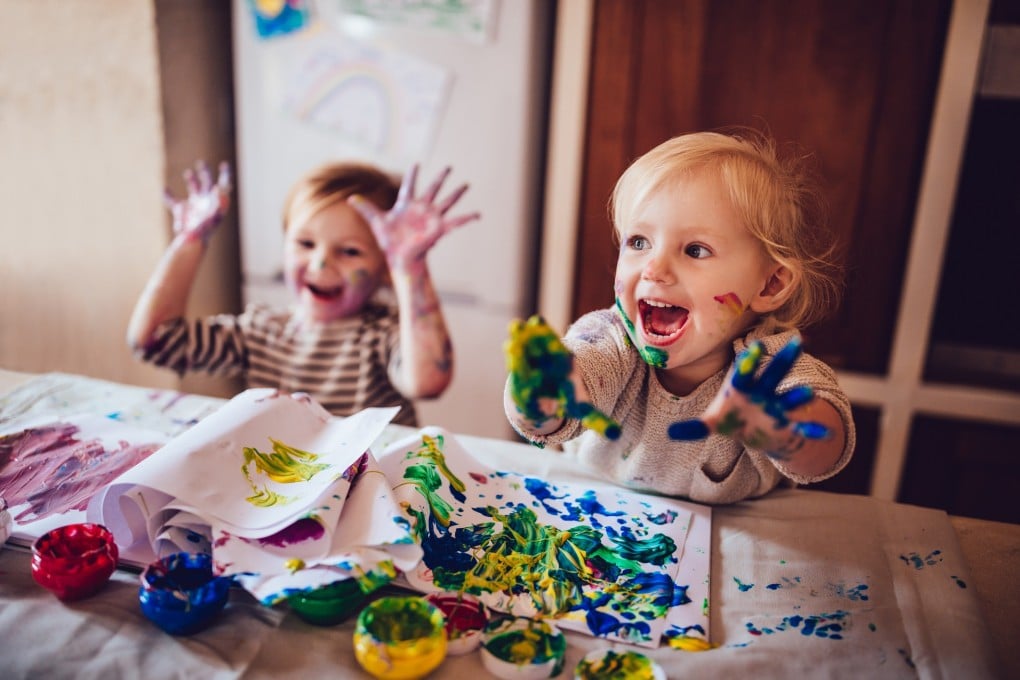Art for learning’s sake teaches children to flourish
- Creativity has a vital role to play in boosting self-confidence and developing the innovation, communication and motivation skills essential to success

This month, LinkedIn analysed thousands of job listings and surveyed senior leaders to determine what vital skills are in demand for today’s workplace. The emphasis has shifted to the things that people can do but technology cannot. While interpersonal skills such as collaboration and persuasion continue to be highly rated, the top spot was taken by creativity.
Art education has an uplifting effect on academic success and student wellness. Research in the United States has shown the impressive impact that art in education has on a range of subjects, including maths, science, reading and writing. Art in education strengthens students’ ability to innovate, self-motivate, and improve self-confidence and communication and cooperation with others.
In Hong Kong, art is often downgraded to an extracurricular pursuit, with its benefits all but lost to young minds.
But as the workplace changes, so the goals and methods of education also need also to evolve. Schools must do more than equip the next generation with the ability to memorise, analyse and compute. As an art therapist working in Hong Kong, I believe that the arts have a crucial role to play in providing children with key skills for life and the workplace.
I remember a sceptical parent – a successful lawyer – who told me that art was unnecessary. This parent was satisfied that their child was excelling at maths and Chinese. But the boy was referred to me because he lacked essential skills in mood regulation and anger management, and demonstrated developmental delays in fine motor skills and hand-eye coordination. Handling different art materials soon improved the latter, while exploring feelings through art helped develop his emotional regulation skills.
Art offers more than meets the eye. Creating art is a pleasurable activity for children of all ages. For younger children, art making is a playful way to efficiently master required motor skills as well as to practise listening skills and follow directions. Importantly, as children gain abilities, their sense of self-esteem and confidence grows.